The natural world is a magical and complex ecosystem filled with various beneficial compounds, and fulvic acid is one such component that has been extensively studied and praised. Fulvic acid is an organic compound with numerous remarkable properties believed to bring about health and medical benefits. This article explores the origins, characteristics, and its relationship with health.
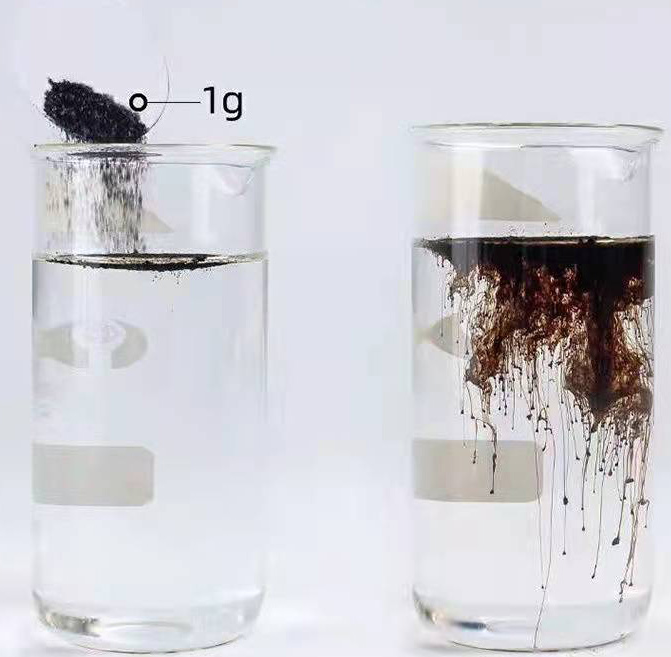
The Source of Fulvic Acid
Fulvic acid primarily exists in soils and sediments, appearing as a dark brown to black organic substance, typically resulting from the decomposition of plants and microorganisms. Its formation involves the degradation of organic matter, such as plant residues, algae, bacteria, through lengthy chemical reactions and biodegradation processes. These processes lead to the creation of fulvic acid, making it a naturally occurring organic substance.
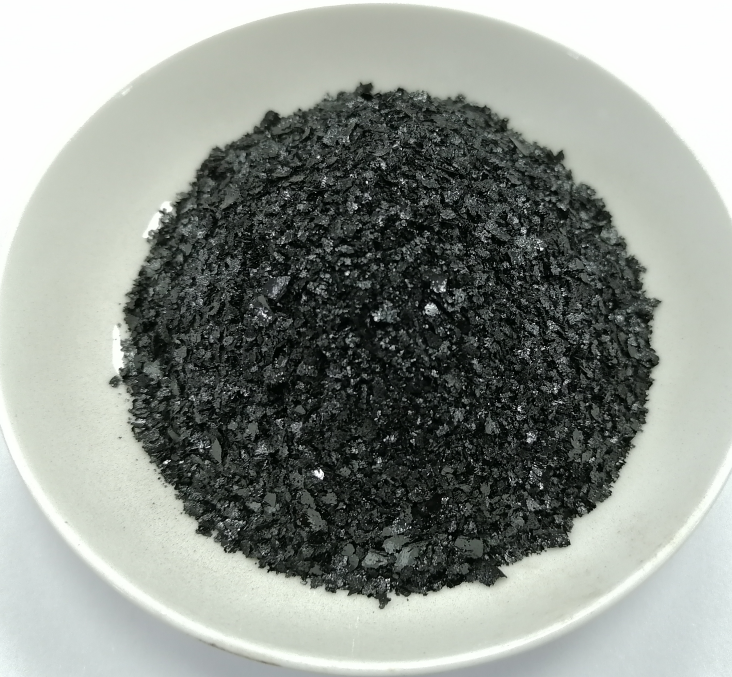
Characteristics of Fulvic Acid
Fulvic acid possesses several astonishing characteristics, which have garnered significant attention in the fields of medicine and ecology. Here are some key features:
Antioxidant Properties:
Fulvic acid, as a potent antioxidant, profoundly impacts health. Antioxidants help neutralize free radicals, harmful molecules produced in the body due to metabolism and environmental factors.
Free radicals can damage cells and DNA, trigger inflammation, accelerate aging, and even lead to the development of chronic diseases like cardiovascular conditions and cancer.
The antioxidant properties of fulvic acid aid in protecting the body from free radical damage, reducing the risk of illness, and preserving health.

Organic Load Capacity:
Fulvic acid has exceptional organic load-carrying capabilities, meaning it can bind and transport a variety of nutrients, including minerals and trace elements. This is crucial for plant growth and the nutritional value of plant-based foods.
Through fulvic acid, these nutrients can be more effectively absorbed by plants, improving their quality and nutritional value. This is essential for human health as we rely on plant-based foods to obtain vitamins, minerals, and other essential nutrients.

Natural Solvent:
Fulvic acid exhibits outstanding solubility in water, making it an excellent natural solvent. It can assist in the dispersion and transport of other compounds in water, which finds widespread applications in pharmaceutical and chemical industries.
Additionally, fulvic acid’s natural solvent properties are beneficial in the fields of biological research and drug delivery, providing convenience for scientific studies and healthcare.
Soil Fertility Improvement:
In agriculture, improving soil fertility is crucial, and fulvic acid plays a vital role in this aspect. It helps retain moisture, enhance soil texture, increase microbial activity, and thereby boost plant growth and yield.
Not only is this beneficial for farmers and agricultural production, but it also contributes to ensuring the stability of global food supply. By enhancing soil fertility, fulvic acid plays a critical role in maintaining global grain production and sustainable agriculture.
Ecological Balance:
Fulvic acid helps maintain ecological balance in soil by supporting the growth and diversity of microbial communities, which are essential for breaking down organic matter, providing nutrients, and maintaining ecological equilibrium.
By providing the right environment and nutrients for these microorganisms, fulvic acid aids in protecting and improving ecosystems, thus preserving ecological balance.

The Relationship Between Fulvic Acid and Health
Fulvic acid not only plays a crucial role in soils and ecosystems but also has a positive impact on human health. Here are some aspects of the relationship between fulvic acid and health:
Immune Support:
Fulvic acid’s antioxidant properties contribute to enhancing the immune system. The immune system is the body’s natural defense system against pathogens and maintaining overall health.
Antioxidants help reduce damage to immune cells caused by free radicals, enhancing the efficiency of the immune system.
By reducing oxidative stress and inflammation, fulvic acid helps lower the risk of infections and diseases.
A strengthened immune system better resists conditions like colds, flu, and other infectious diseases, increasing the body’s immunity.
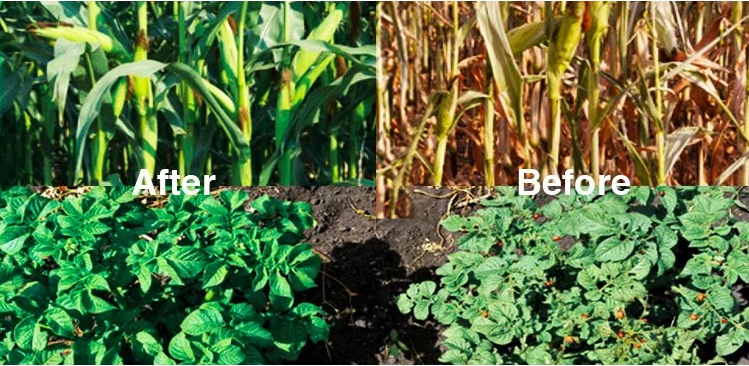
Cell Protection:
Fulvic acid’s antioxidant properties aid in protecting cells from oxidative damage caused by free radicals.
Cell damage can lead to DNA damage, which may increase the risk of diseases such as cancer.
By reducing oxidative cell damage, fulvic acid contributes to maintaining healthy cells, reducing the risk of chronic diseases.

Anti-Fatigue:
Some individuals use fulvic acid as a natural energy booster, especially when feeling fatigued or low in energy.
Fulvic acid is believed to provide additional energy and endurance, helping alleviate feelings of fatigue.
It may support the body’s ability to combat fatigue by improving energy metabolism and maintaining cell health.

Digestive Health:
Fulvic acid may be helpful in managing certain digestive issues, as it can enhance gut health.
By promoting the growth of beneficial bacteria, it can improve gut microbiota balance.
This helps reduce gastrointestinal problems, such as constipation and diarrhea.
Enhanced gut health contributes to better nutrient absorption and utilization, maintaining overall health.
Skin Care:
Fulvic acid is also used in skincare products due to its ability to reduce signs of skin aging.
Its antioxidant properties decrease skin damage caused by free radicals, helping maintain skin health and a youthful appearance.
Fulvic acid can reduce wrinkles and pigmentation on the skin, improve skin elasticity, and act as a moisturizer to maintain skin’s hydration balance, keeping the skin soft and smooth.

The Role of Fulvic Acid in Agricultural Production
Enhancing Soil Fertility:
Fulvic acid can improve soil fertility by aiding in moisture retention, enhancing soil texture, and increasing the presence of organic matter in the soil.
By retaining moisture in the soil, it helps resist the effects of drought and soil aridity, ensuring that plants receive an adequate water supply even under dry conditions.
Fulvic acid also contributes to improving soil texture, increasing soil water-holding capacity, and permeability, thereby enhancing soil fertility.
It can adsorb and retain organic matter, making it more accessible for plants, thus increasing nutrient supply to the plants.

Promoting Plant Growth:
Fulvic acid promotes plant growth by providing essential minerals and trace elements to plants.
It assists plants in more effectively absorbing nutrients from the soil, including vital elements like nitrogen, phosphorus, potassium, and more.
By providing an appropriate nutrient supply, it can increase leaf area, root growth, and overall plant volume.
Fulvic acid also helps mitigate the toxic effects of harmful metals in the soil, enhancing the plants’ resistance.
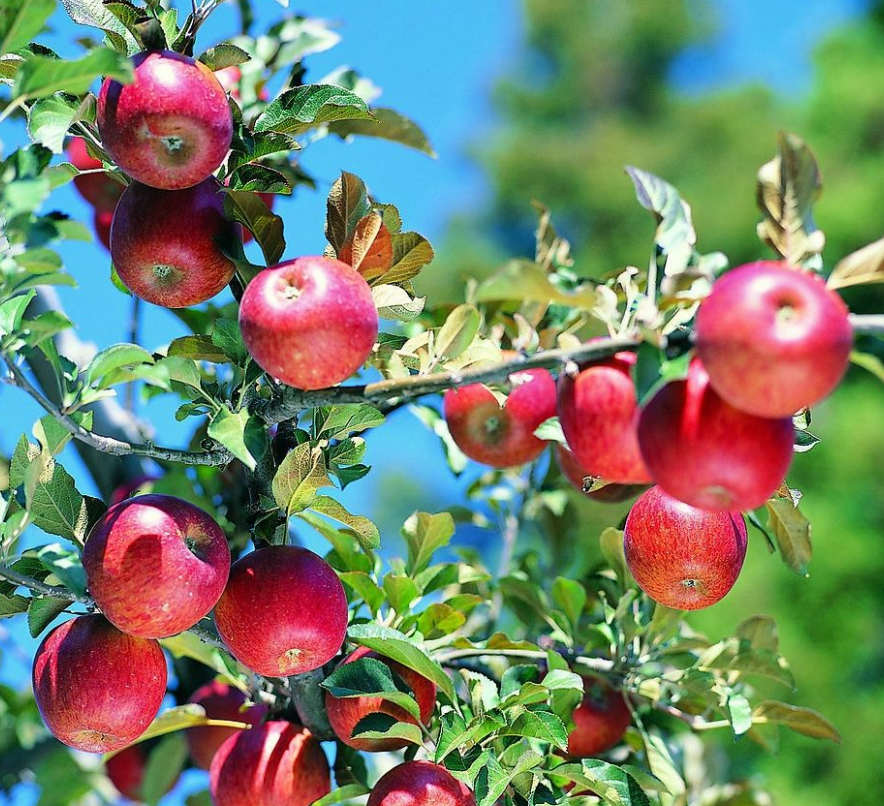
Increasing Crop Yields:
Due to the actions of fulvic acid, crop yields can significantly increase. Crops such as wheat, soybeans, corn, and fruits benefit from the application of fulvic acid.
It helps improve crop quality by increasing the size, color, and texture of fruits, thus adding market value.
Fulvic acid also extends the shelf life of crops, reducing waste and losses.
In grain production, the use of fulvic acid can increase food supply, meeting the growing demands of the population.
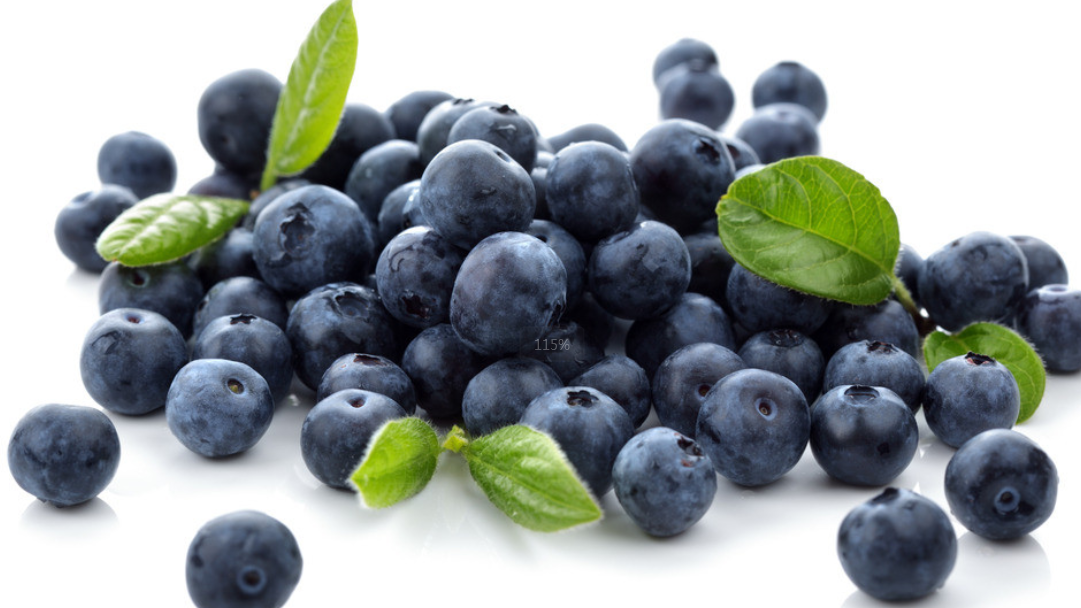
Ecologically Friendly Agricultural Practices:
Fulvic acid contributes to maintaining the balance of the soil’s ecosystem by supporting the growth and diversity of microorganisms in the soil.
It reduces the need for chemical fertilizers and pesticides, minimizing the negative impact of agriculture on the environment.
Fulvic acid promotes sustainable soil utilization, helping to maintain the stability of agricultural production and reducing soil erosion and soil depletion.

In Conclusion
Fulvic acid is a compound of significant interest, with diverse properties that positively impact health. It provides antioxidant protection, enhances the immune system, reduces cell damage, alleviates fatigue, improves digestive health, and supports skin health. These qualities make fulvic acid a versatile organic compound with the potential to offer substantial benefits for both human health and the natural world. Whether in soil improvement, plant growth, immune support, or health maintenance, fulvic acid holds promise for harnessing its remarkable power to the fullest extent.



 Facebook
Facebook Twitter
Twitter LinkedIn
LinkedIn Instagram
Instagram tiktop
tiktop